Investment analysts are downgrading Apple after sales of the company’s newest iPhones peaked far earlier than anyone expected.
Apple was already at the bottom of the list of tech companies on the New York Stock Exchange, and with the new downgrades, experts believe that Apple could be in real trouble this year.
Apple Didn’t Start 2024 Strong

As the new year arrived, Apple was already struggling. At the NYSE, Apple had the least bullish recommendations of any big tech company.
In fact, its buy-equivalent ratings were only at 33, whereas Amazon’s sat comfortably at 68, and Meta came in close behind at 66.
Apple’s Stock Is Quickly Falling
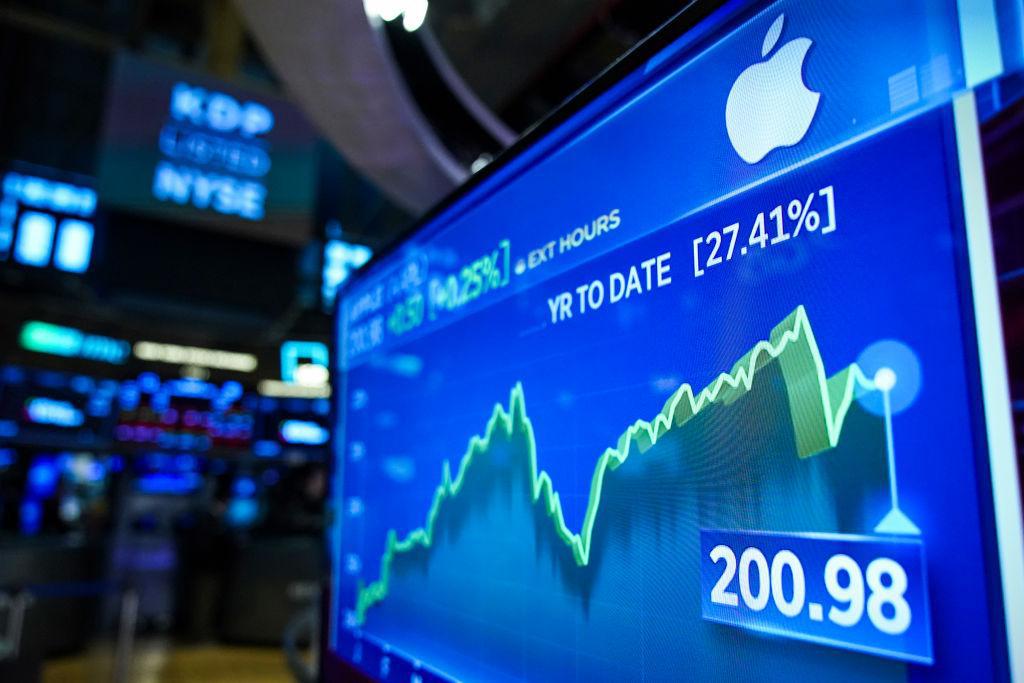
In 2023, Apple’s stock increased by almost 50%, but within the first week of 2024, it has already fallen by 5.5%.
Although 5.5% may not seem significant, for a giant company like Apple, that means it lost an almost unbelievable $164 billion in its market valuation.
Analysts Are Cutting Apple Ratings
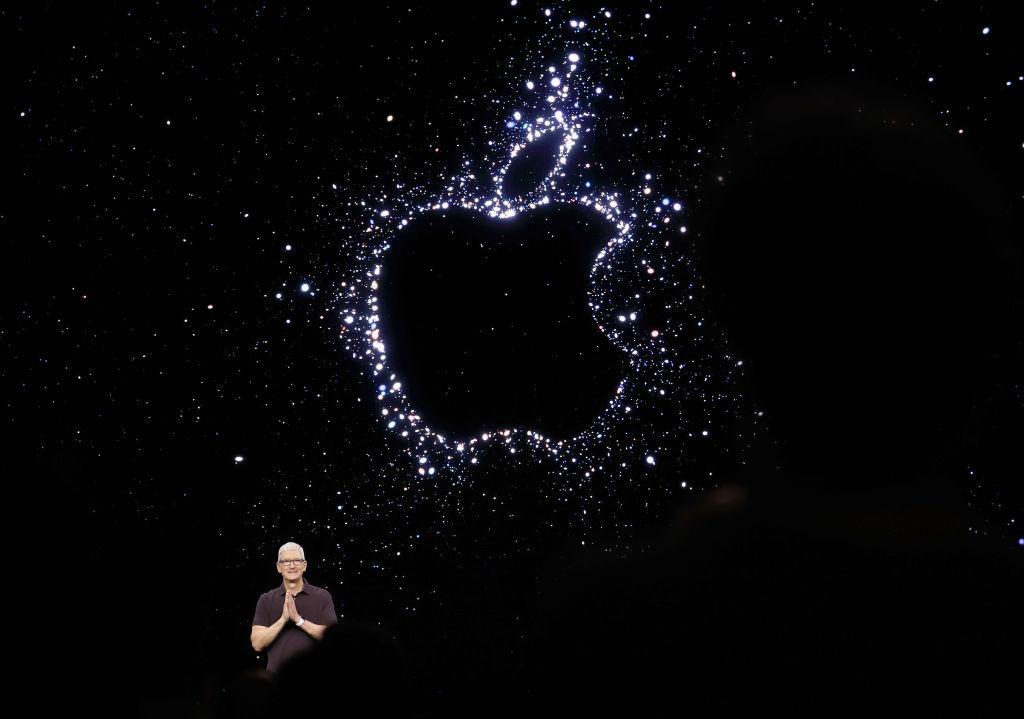
Now, it’s important to understand that all stocks rise and fall almost every day, but the situation with Apple has become concerning as financial analysts are cutting the company’s ratings.
Harsh Kumar, an analyst from Piper Sandler & Co., changed his recommendation from overweight to neutral after several years of publicly supporting Apple.
Barclays Has Also Famously Downgraded the Tech Giant

Barclays also downgraded Apple stock last week, stating that they are expecting minimum iPhone 15 sales and low demand for iPhone 16s.
And between Barclay’s and Piper Sandler & Co.’s decisions to downgrade, Apple shares are becoming less and less valuable by the minute.
Unimpressive Sales for Apple’s iPhone 15
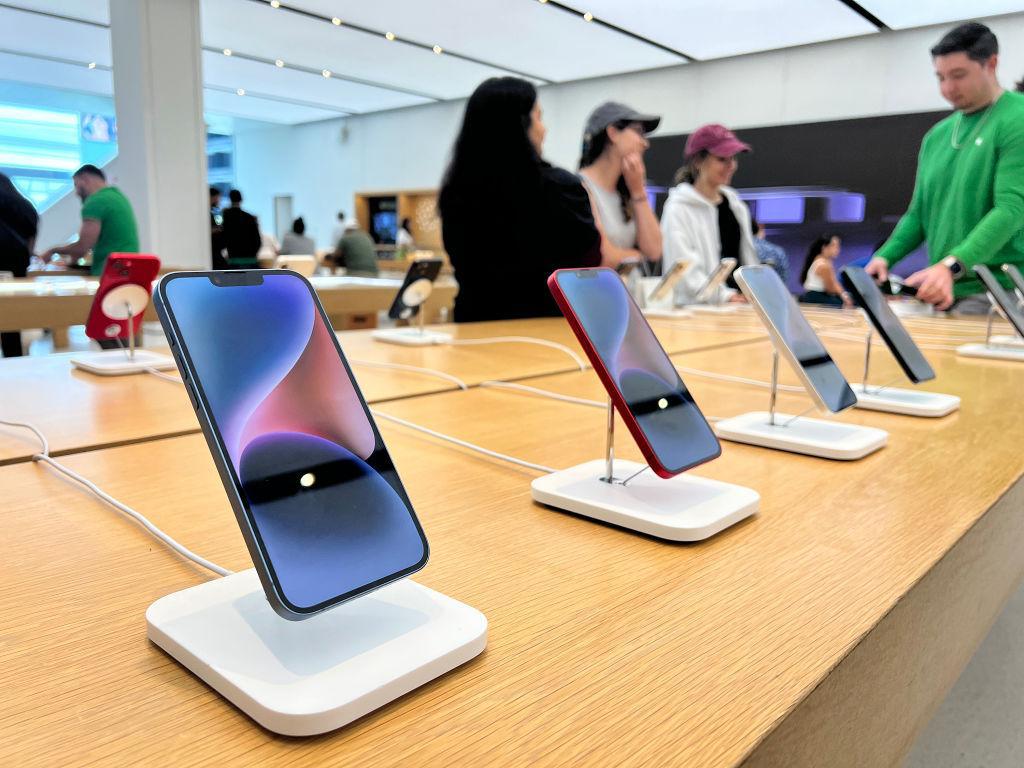
For more than a decade, Apple has continued to release new and improved versions of their beloved iPhones so that their customers can stay up to date with all the latest technologies.
However, technology can only move so fast, and many are arguing that Apple’s iPhone 15, which is available now, simply doesn’t have enough new and exciting features to spend hundreds of dollars on an upgrade.
iPhones Generate Half of Apple’s Total Earnings
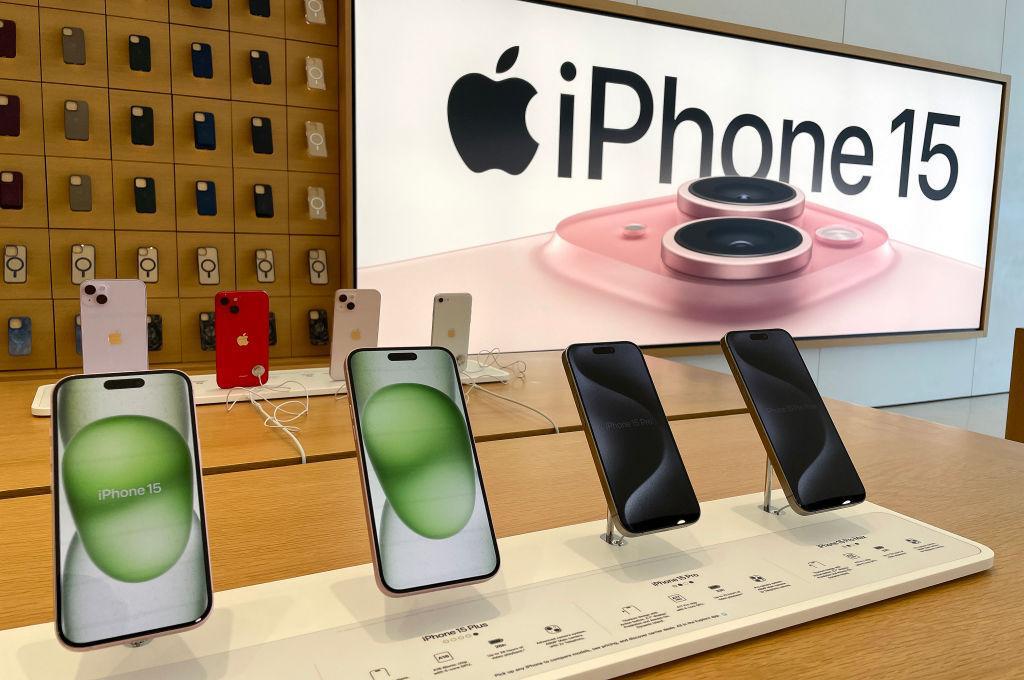
What many people don’t realize is that half of all of Apple’s yearly earnings are made through iPhone sales. So an expected lull in sales is extremely bad news.
In fact, Harsh Kumar from Piper Sandler & Co. cited this problem as the main reason he downgraded the stock. He explained the decision in a recent statement, saying, “We are concerned about handset inventories. Growth rates have peaked for unit sales” (via Bloomberg).
China Has Historically Been One of Apple’s Biggest Markets
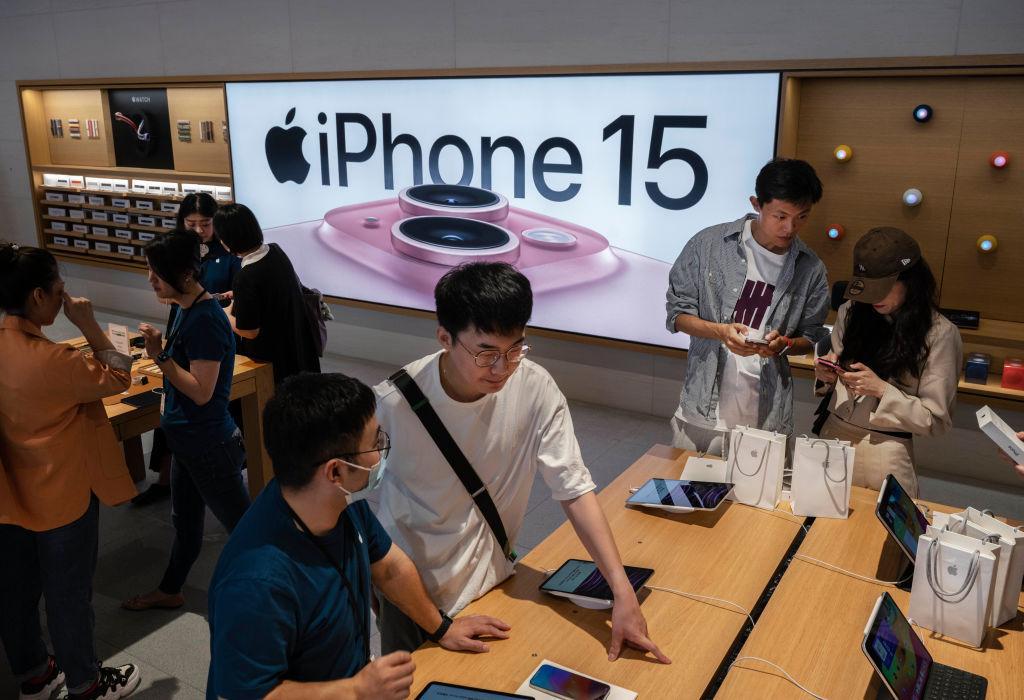
It’s also crucial to note that in recent years, China has been one of Apple’s biggest markets, so the current economic crisis the country is facing is certainly affecting the tech company.
The vast population of China simply has less money to spend than they did last year as inflation increases the cost of living across the board. Not to mention the fact that the tech market is saturated with other, more affordable phones that many argue are now just as impressive as iPhones.
It’s Not Just About iPhone Purchases

However, while China’s decline in iPhone purchases has certainly made a dent in Apple’s sales, how China’s struggling economy is playing a part in Apple’s demise is much more complicated.
The majority of Apple’s factories are in China, and with the current crisis, it’s becoming exceptionally more expensive to run them. Not to mention the fact that the Chinese government has established new regulations that are causing frustrating problems for the tech company.
What Will 2024 Look Like for Apple?
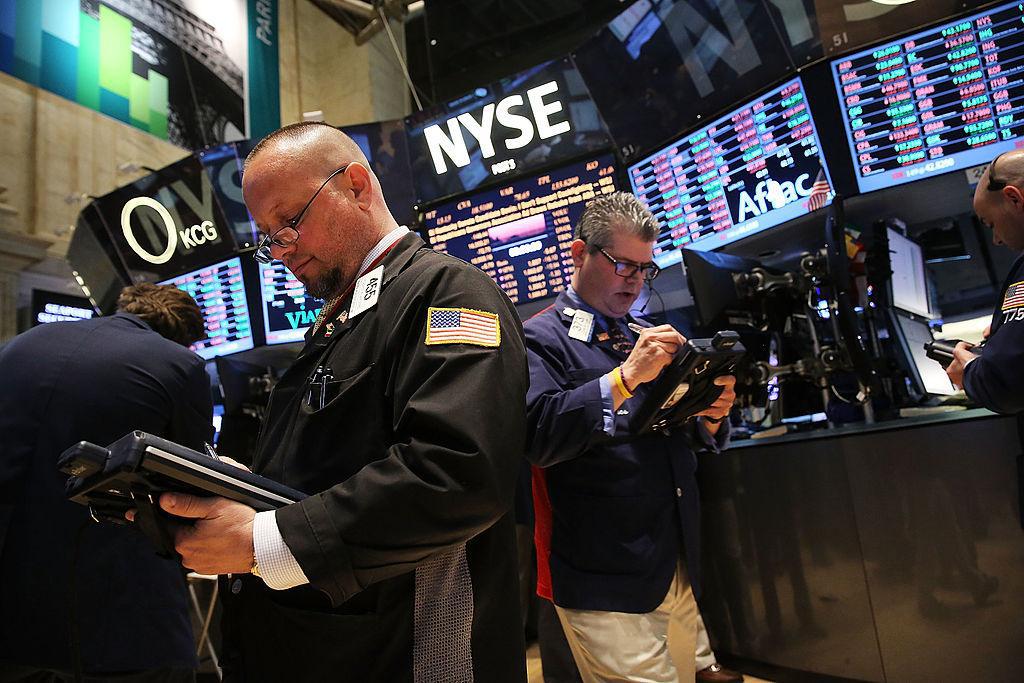
According to financial experts on Wall Street, Apple will likely only see a 3.6% growth and a 7.9% profit expansion in the coming year.
And while technically, that’s still growth, it’s nowhere near where the company or its shareholders expected or want it to be. To put things in perspective, Apple saw 48% growth and Amazon saw a whopping 81% growth in 2023.
Can Apple’s Stock Recover?
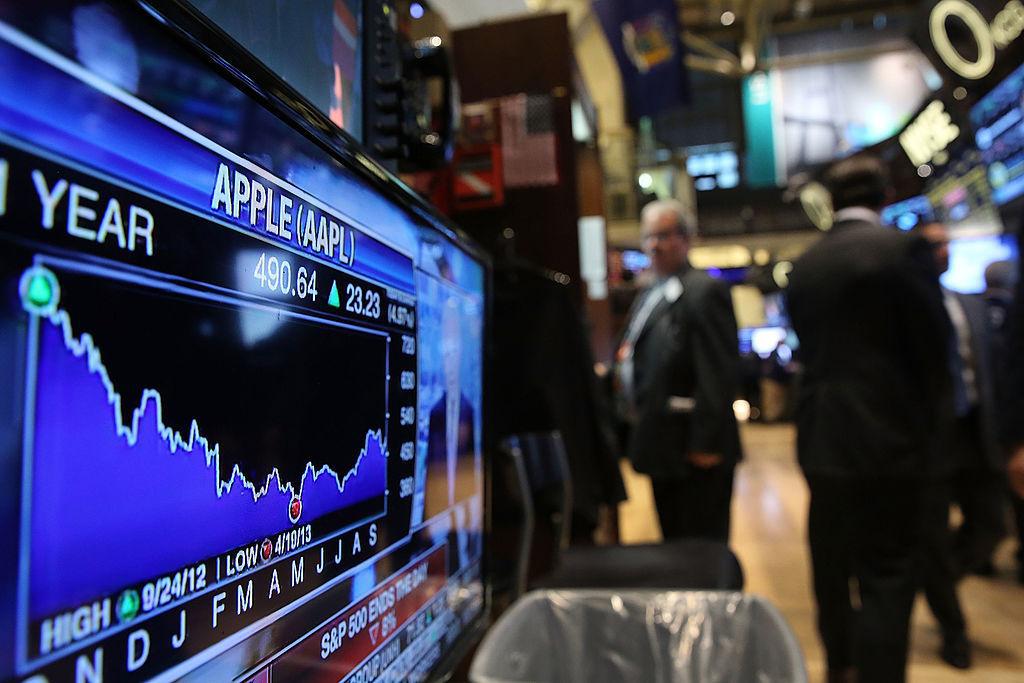
While the experts on Wall Street certainly know what they’re talking about, these calculations are just estimations at this point.
The bottom line is that although Apple is undoubtedly struggling right now, it has several long months to come back from this deficit, and it’s very possible that it will do exactly that and end 2024 back on top.
Apple May Have to Reassess
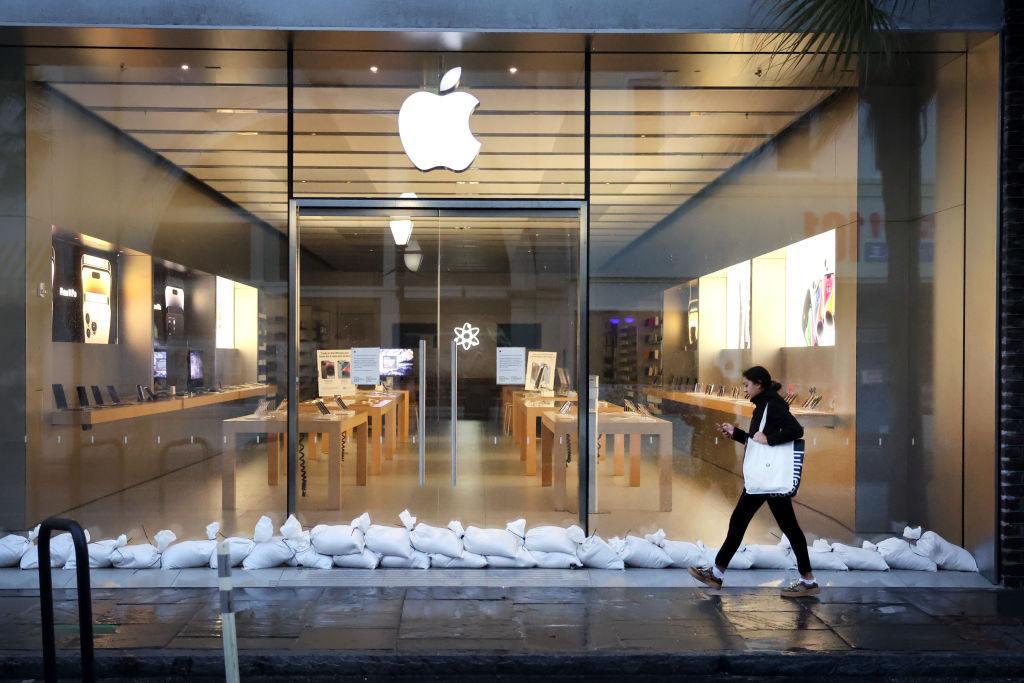
Financial experts from around the world have weighed in on Apple’s current less-than-ideal situation. And many agree that in order to get out from under it, Apple will have to make some serious adjustments.
It’s likely that Apple’s declining sales will lead it to focus more on computers, subscriptions and services, and wearables such as watches, instead of solely on iPhones. But Apple shareholders will have to wait and see if these changes make a difference — that is, if they don’t sell first.
